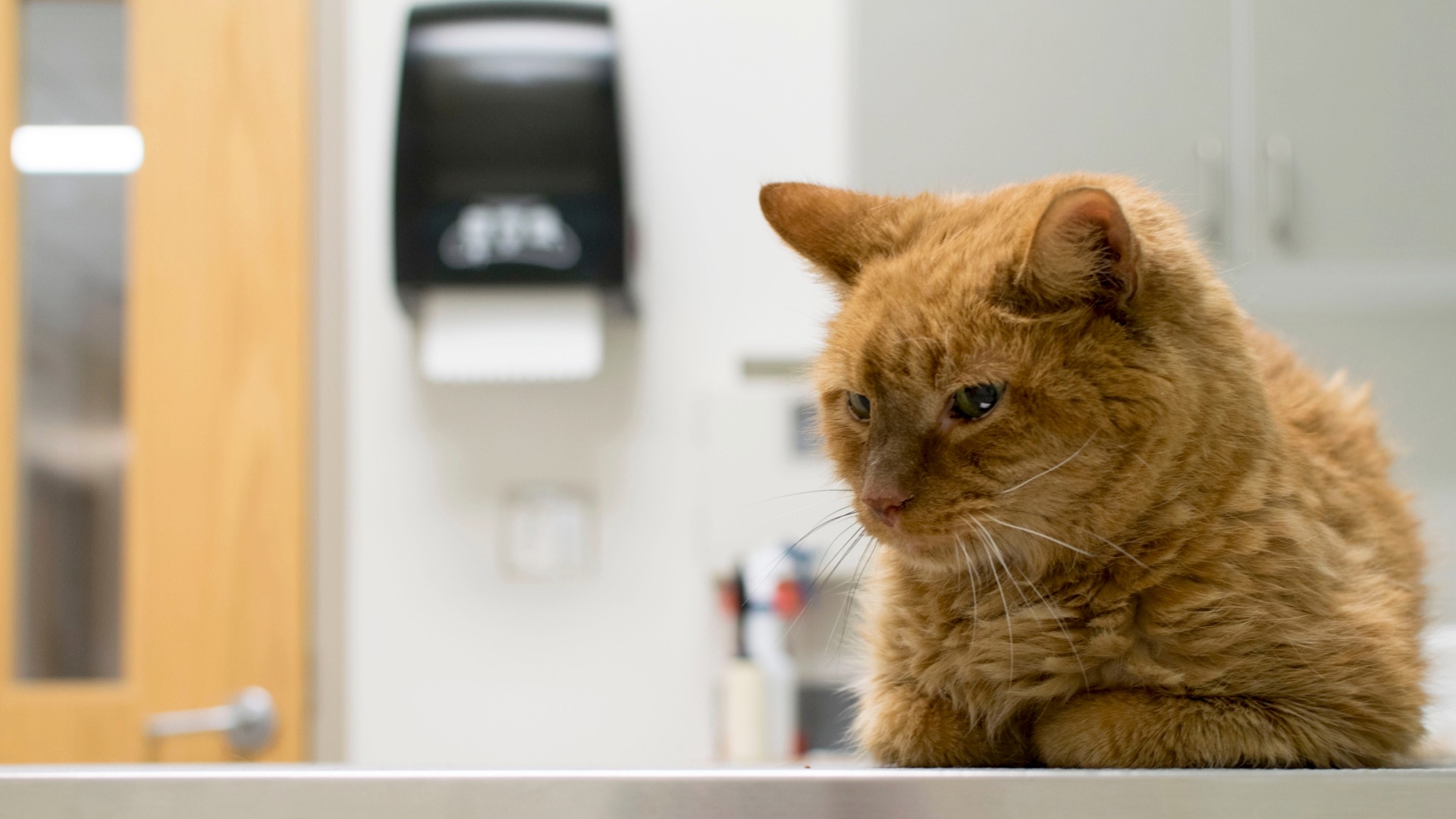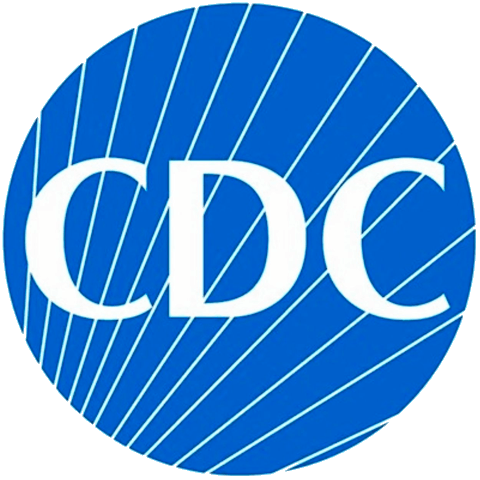What To Do If You Think Your Pet Has The Virus That Causes COVID-19:
Summary:
Pets infected with this virus may or may not get sick. Of the pets that have gotten sick, most only had mild illness and fully recovered. Serious illness in pets is extremely rare. Pets that do have symptoms usually have mild illness that you can take care of at home.
Pets infected with this virus may or may not get sick. Of the pets that have gotten sick, most only had mild illness and fully recovered. Serious illness in pets is extremely rare.
Pets that do have symptoms usually have mild illness that you can take care of at home.
Pets sick with the virus that causes COVID-19 may have:
- Fever
- Coughing
- Difficulty breathing or shortness of breath
- Lethargy (unusual lack of energy or sluggishness)
- Sneezing
- Runny nose
- Eye discharge
- Vomiting
- Diarrhea
If your pet is sick and you think it might be from the virus that causes COVID-19, talk to your veterinarian.
If you are sick with COVID-19 and your pet becomes sick, do not take your pet to the veterinary clinic yourself. Call your veterinarian and let them know you are sick with COVID-19. Some veterinarians may offer telemedicine consultations or other plans for treating sick pets.
What to do if your pet tests positive
Depending on your pet's symptoms, your veterinarian may recommend that you isolate your pet at home.
If your veterinarian recommends home isolation and you are able to care for your pet at home, keep your pet at home, except to get medical care. A pet can be isolated in the same way as a person sick with COVID-19. Protect yourself when caring for a sick pet by following the same precautions recommended for people caring for an infected person at home.
Cats should be kept inside. Do not allow cats that have tested positive for the virus that causes COVID-19 to roam outside.
Monitor your pet's symptoms
It is important to keep track of your pet's symptoms during home isolation. If you think your pet has new symptoms or is getting worse, call your veterinarian.
Follow all care instructions from your veterinarian. Your veterinarian may have you keep a written log of your pet's symptoms.
When to end home isolation of your Pet
Follow your veterinarian's advice for when it is safe for your pet to be around other people and animals. Your pet can usually go back to normal activities if:
- The pet has not shown symptoms for at least 72 hours without medical care;
AND:
- It has been at least 14 days since the pet's last positive test;
OR
- All follow-up tests for current infection are negative.
Protect pets if you are sick
If you are sick with COVID-19 (either suspected or confirmed by a test), you should avoid contact with your pets and other animals, just like you would with people. Contact includes petting, snuggling, kissing, licking, sharing food, and sleeping in the same bed.
For more information, visit What to Do if You are Sick.


